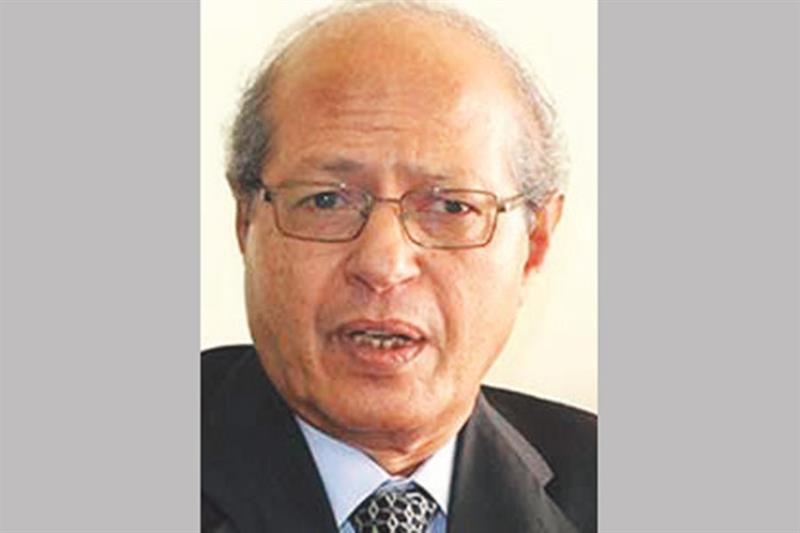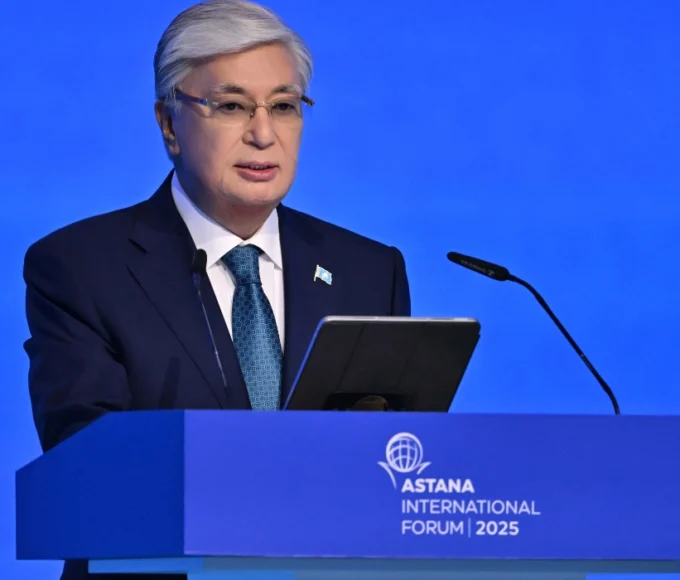3 questions to Ambassador Rakha Hassan, member of the Egyptian Council for Foreign Affairs.
Al-Ahram-Hebdo: How do you describe the positions of foreign powers vis-à-vis Egypt after June 30, 2013?
Rakha Hassan: The situation at the start was not easy. Egypt suffered in the first phase after the revolution, due to pressure from some major powers, notably the African Union, which hastened to suspend Egypt’s membership, or the United States, which have frozen their financial aid. Because initially, some powers had mischaracterized the events in Egypt as a military coup. This image quickly changed in 2014, with the accession of President Abdel-Fattah Al-Sissi to power through an electoral process. Very quickly, Egypt’s activity within the African Union was restored, the European Union resumed its cooperation and aid to Egypt, and the United States showed understanding of the situation in Egypt. . We remember the famous statement of US President Barack Obama, when he announced that the United States is dealing with the president elected by the Egyptian people. Egypt, through reasonable leadership, was able to earn the trust of all countries in the world.
The majority of Arab and Gulf countries played a special role in supporting Egypt. How do you assess their position?
Egypt had received great support from Arab countries since day one, especially from Gulf countries, such as Saudi Arabia, Kuwait, UAE and others. This political and financial support helped Egypt recover at a very difficult time in its history.
How did Egyptian foreign policy change after this revolution?
Egyptian diplomacy after the June 30 Revolution is based on balanced relations and openness to the world. Egypt began to communicate directly and maintain political and economic relations with the Far East, such as China and Japan, and also with Southeast Asia, such as Malaysia, Singapore and India . And has maintained partnerships in various fields. Euro-Egyptian participation in the economic, political and military fields was quickly reactivated. But Egypt, in this new phase of its history, has broadened and diversified its sources of cooperation on a global level to avoid submission to a world power. For example, when the United States hesitated to accept Egypt’s purchase of advanced military aircraft, Egypt went to buy them from France and Germany. We can therefore conclude that Egypt enjoys diversity in its international relations, which makes it free in its decisions and helps it to preserve its interests and objectives.
This article is originally published on hebdo.ahram.org.eg








